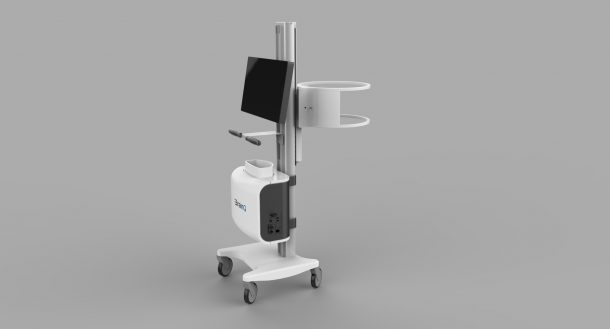Technology innovations like Brain-computer interfaces (BCIs) and Neutralink of Elon Musk are expected to improve the human intelligence, memory and, communication in near future. While the tech is very exciting, the thought of actually having a chip inside your brain can make a very dedicated science fiction fan a little doubtful. The tech companies are still working and developing the chips and robots to enhance the working of a human brain.
BrainQ, an Israel-based neurotech startup, has taken a less invasive approach to integrating the human brain with technology. Instead of making use of the transplants, BrainQ will use EEG machines which are non-surgically embedded and will record the electrical activity of the brain. EEGs have been used by people who are working with paralyzed patients. BrainQ is hoping that their technology can achieve similar goals for improving the lives of people who have been suffering from a stroke and spinal cord injuries.

The tech company has a few hurdles to clear before they can make the product available for medical use. It will need to complete the human clinical analysis first, then it will need approval from FDA to be used commercially in the US. The most difficult challenge for BrainQ will be the task of competing with all the companies who are also trying to create EEG-based technologies. Companies like NeuroLutinos and NeuroPace will be competitors to BrainQ in terms of the technology. However, BrainQ is so far leading the development of applications which are more focused on the patients with stroke or spinal cord injuries.
The company is expecting to make the tech available in the US market by the year 2020. Later on, they will continue to work to set BrainQ apart from other companies by developing applications for various other diseases. A spokesman for BrainQ, Assaf Lifshitz, said that in the future the company is hoping to collect data and improve the outcomes for patients who are suffering from Alzheimer’s and several other diseases in children as well. The timetable of BrainQ is quite reasonable as well since it is relying on less invasive tech. It might get approval from FDA much easier than other BCIs who are considering brain implants for their techs. BrainQ hopes to collect more in-depth and broad range of data on electrical activity once the technology rolls out. The data can be used to make more refined assessments of a patient’s condition and can help in creating more effective treatments as well.


